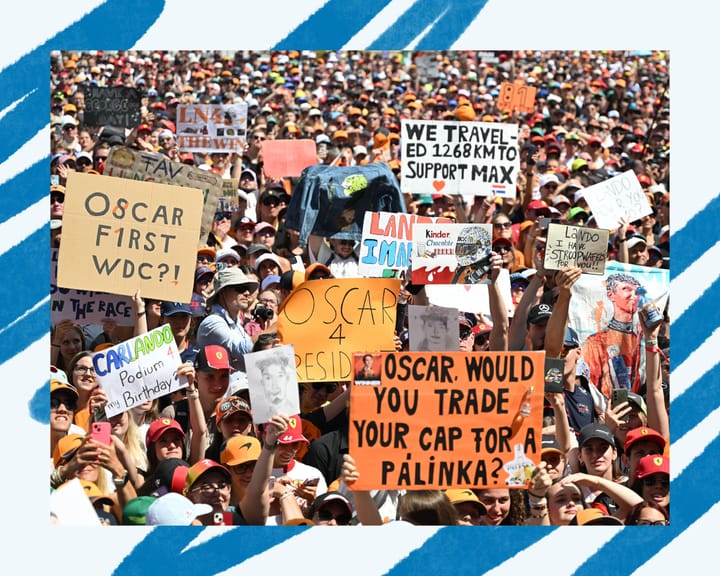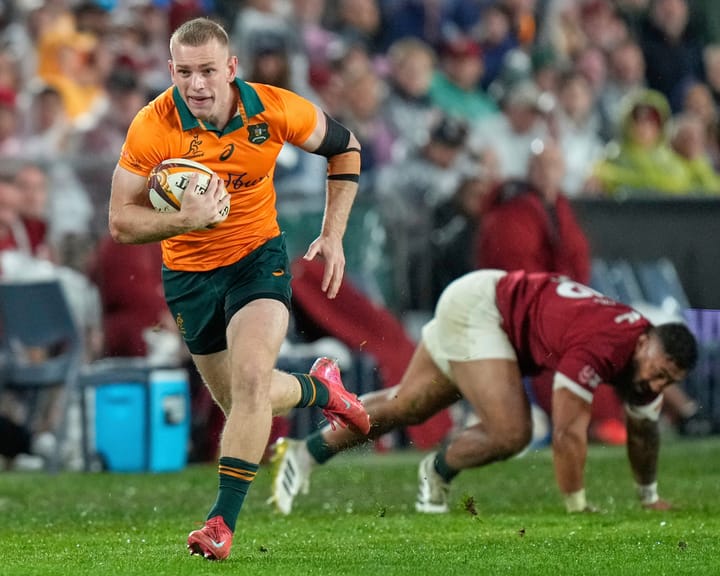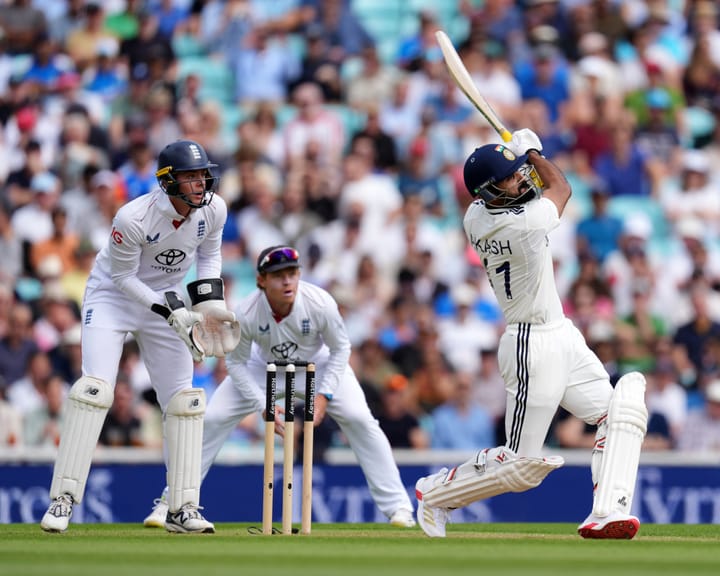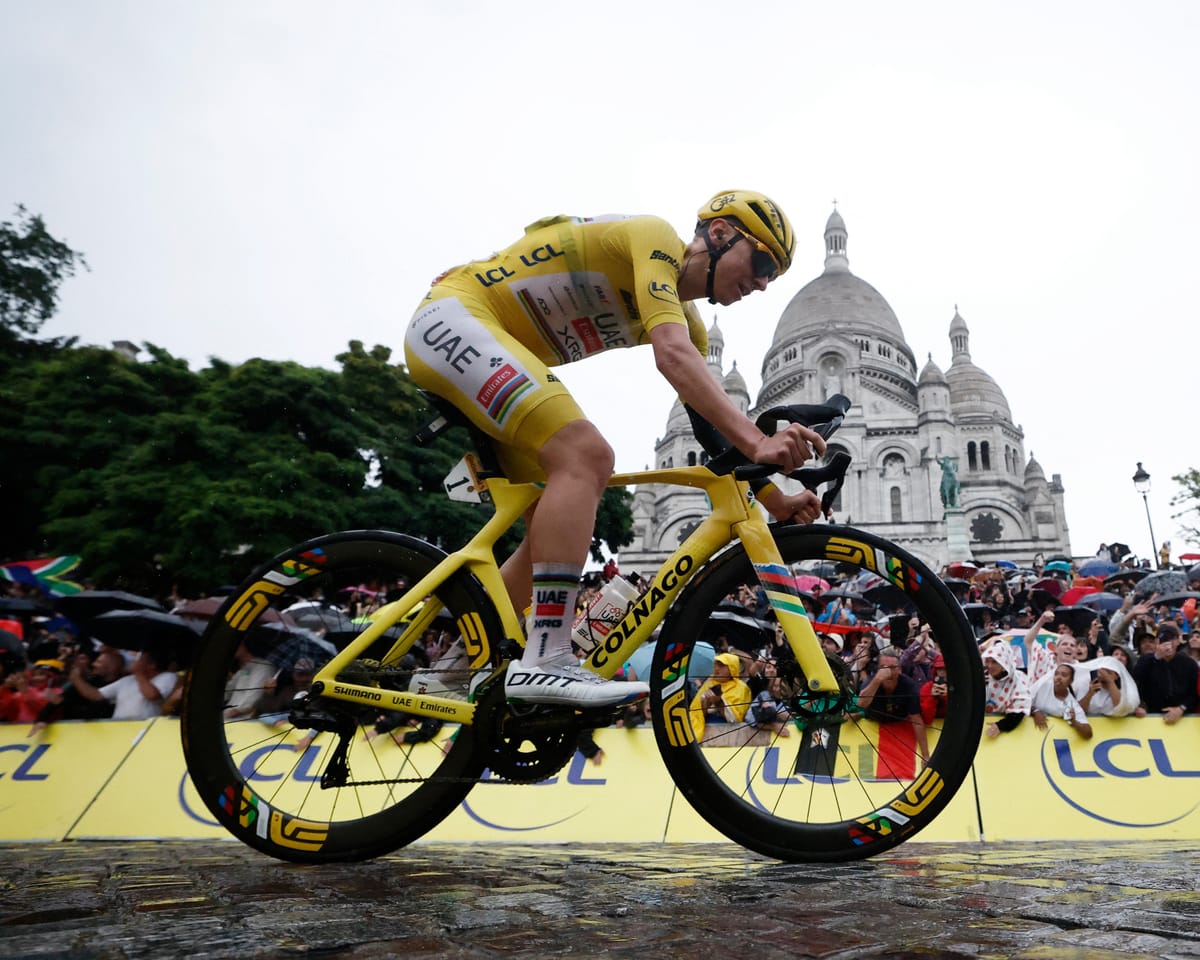Fourth Tour wins remain more for the records than the heart
Winning the Tour de France four times, as I once noted, is "more about the record books than passion… the final step toward cycling greatness, yet often fails to stir the soul in the moment." The past three weeks have shown that this sentiment still holds. It’s not quite a cycle of grief, but one could argue that a first Tour victory brings surprise and joy, a second earns admiration, a third respect, and a fourth—resignation.
As Tadej Pogacar’s inevitable fourth Tour win neared this week, Alex Roos, a lead writer at *l’Équipe*, criticized the Slovenian’s lack of enthusiasm. "In recent days, his sulking, complaints, and overall mood have darkened the atmosphere at the Tour’s conclusion. How can fans feel excitement if the Yellow Jersey himself seems bored and burdened?"
Pogacar’s victory had been certain—barring disaster—since the first time trial in Caen 19 days ago, when he gained an insurmountable lead over Jonas Vingegaard. Likewise, the fourth wins of Bernard Hinault, Miguel Induráin, Lance Armstrong, and Chris Froome were all predicted early—admirable athletic feats (Armstrong’s aside) but devoid of suspense. Hence the prevailing sense of resignation.
Pogacar could be excused for seeming less than thrilled this week. This Tour has been unusually grueling, with little relief, and Saturday’s stage to Pontarlier epitomized the struggle—a two-wheeled version of Napoleon’s retreat from Moscow. While Pogacar maintained a commanding lead, the race still held ample room for the unexpected and stressful.
Most stages of this Tour matched Saturday’s intensity, though this was no accident. It reflects a shift that began in 2007 when race director Christian Prudhomme sought to make the race more compelling for viewers. Since then, route planners have minimized the long, flat, predictable stages that once dominated the early race—along with many transitional stages—once endured, as the late Geoffrey Nicholson put it, "with the patience of a Headingley crowd watching a slow-opening stand."
The era when sprinters like Mario Cipollini could dominate four straight stages (1999) is long gone. Now, thanks to route designer Thierry Gouvenou, even seemingly mild locations like Rouen or Toulouse feature demanding climbs and descents, enhancing the spectacle.
To further incentivize attacks, stages over 200km are rare, while time bonuses at finishes encourage contenders to compete.
Read next

"Guardian Sport Weekend: Lions' Third Test, England vs. India, Women’s Open Action"
Rugby Union
11am Australia v British & Irish Lions live
The Lions enter the third and final Test against the Wallabies with a chance to secure a historic series sweep, an achievement not seen in decades. Lee Calvert will provide updates throughout. No Lions team has remained undefeated since Willie

Wallabies crush Lions' clean sweep bid in storm-lashed Sydney clash
Lions Fall Short as Wallabies Secure Series Finale
The hopes of a dominant tour for the British & Irish Lions came to an end as they suffered their first defeat in Australia on a rain-soaked evening in Sydney. The home side rose to the occasion, overcoming challenging weather and a

"Live: England vs India in fifth men's cricket Test, day three"
39th over: India 155-2 (Jaiswal 80, Akash Deep 51) Overton moves away from short-pitched deliveries, conceding just a single.
Guy Hornsby observes, "England will regret those dropped catches as the runs pile up, especially once Jaiswal reaches his century. Woakes’ absence was significant, though England managed well initially. Now,

